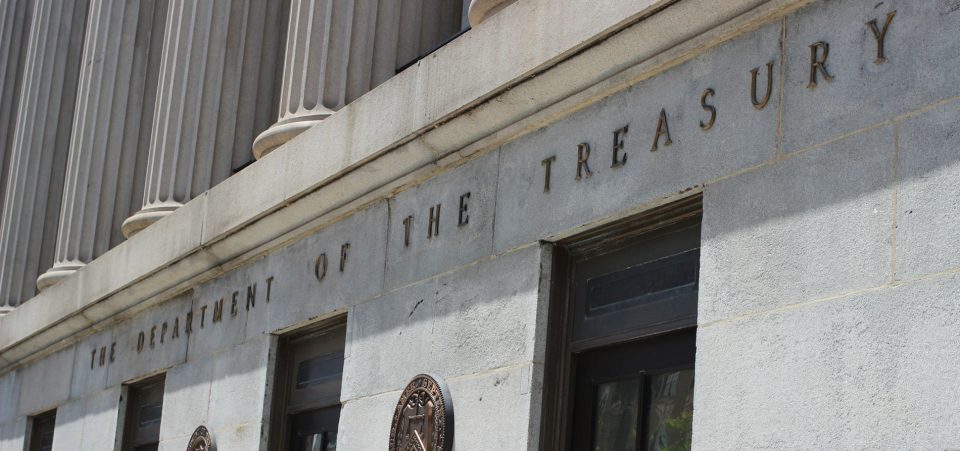Retail Sales Cause Spike
Despite a brief pause in the U.S. government bond sell-off, investors picked up their short activity on Tuesday, causing yields on two-year notes to spike above one percent for the first time in 10 months.
Analysts traced the surge in yields back to a strong retail sales report. Traders were fairly bullish in the early morning hours, but they resumed selling activity once the numbers were released.
The report showed excellent demand in the economy, which only strengthens the case for a Federal Reserve rate hike in December. At this point, any positive sign is likely to have a negative impact on bonds, particularly those which are closer to their maturation dates.
Two-year notes are especially sensitive to the Fed’s policy outlook. They hit 1.013% for the first time in nearly a year because investors are anticipating a contractionist policy from the central bank.
These worries were exacerbated by hawkish comments from Federal Reserve Bank of Boston President Eric Rosengren. He said on Tuesday that a December rate hike was looking likely. (Source: “U.S. 2-Year Government Bond Yield at 10-Month High, Above 1% on Retail Sales,” The Wall Street Journal, November 15, 2016.)
In bad economic times, the Fed is supposed to cut interest rates and expand the monetary base, which is to say: print money. But in good economic times, when the economy is close to full potential, the Fed is supposed to scale back those measures and let the economy walk by itself.
This means the Fed should raise interest rates and resist the urge to pump more funds into the economy. It is a necessary step for the economy to continue growing, but it is only possible once there is no slack left in labor markets or the GDP.
But here’s the kicker: in strong economic times, investors are less likely to invest in bonds. Yields move in the opposite direction from bond prices, which means the higher rates reflect weaker demand for corporate debt. People want to own shares at that time. The optimism of a growing economy makes investors want to own stock because their upside is virtually unlimited. They can ride on the coattails of an economic boom.






